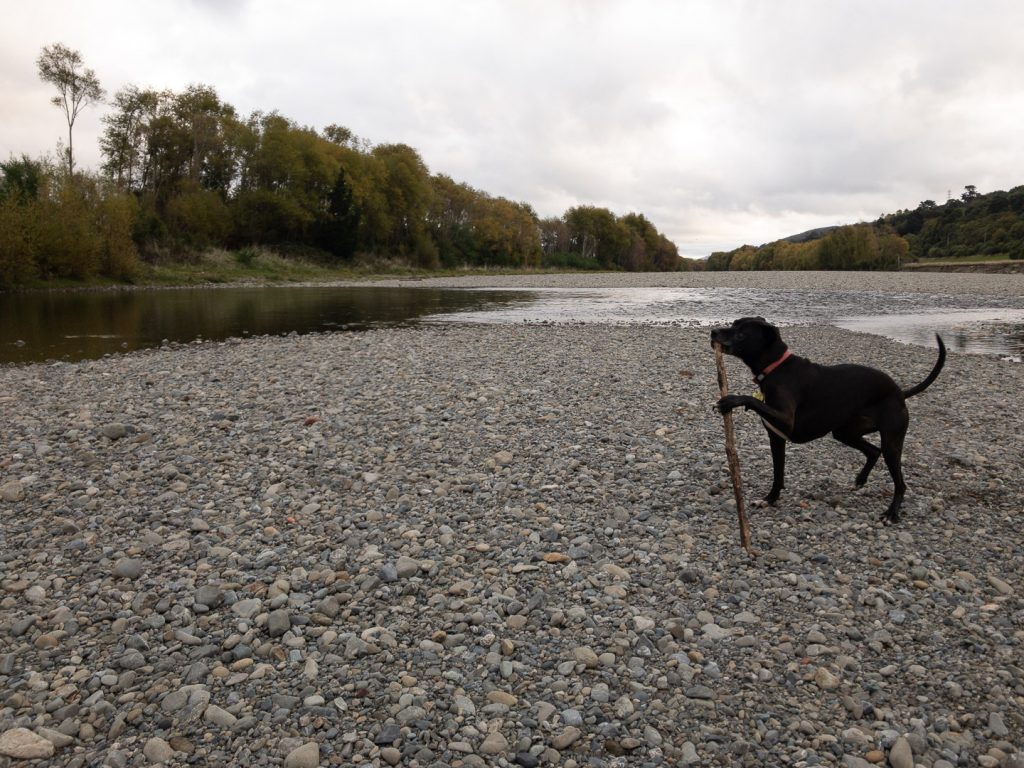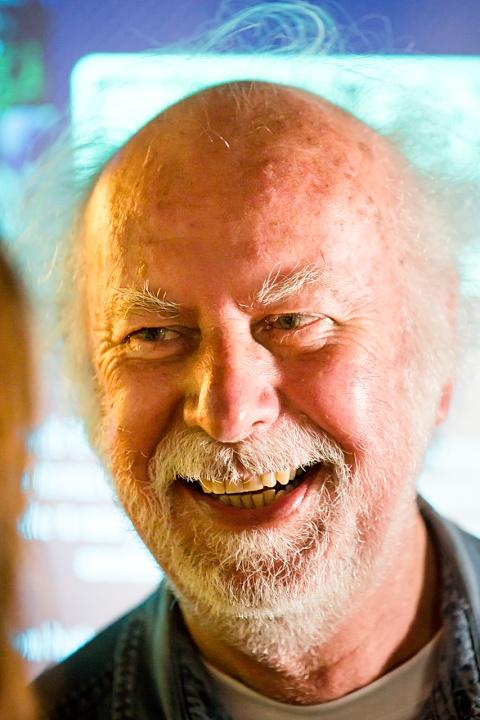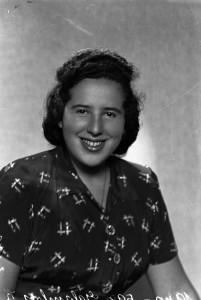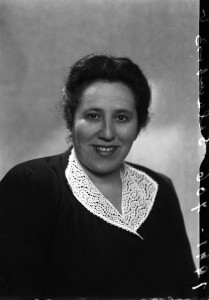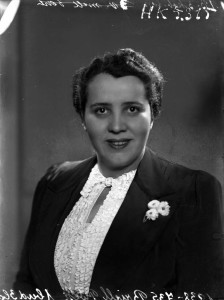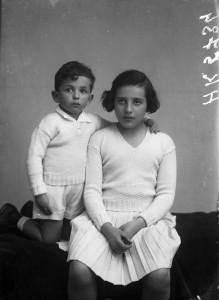It is Anzac Day 2020. New Zealand, like most of the world, is under lockdown because of COVID-19. In our street, as throughout the country, we ‘stood at dawn’ in our ‘bubbles’. The coronavirus pandemic and Anzac Day have brought us together.
There’s been talk on both sides of the Tasman about the Anzac spirit during COVID-19. That in part refers to unity and self-sacrifice, but also comradeship and down-to-earth common sense. These qualities serve us well in the current pandemic. With her characteristic clarity and compassion, Prime Minister Jacinda Ardern set the rules: ‘Stay home. Save lives. Be kind.’
We are told to practise physical distancing while staying socially connected. I share a bubble with my husband Taki and our dog Lani. We are supported by neighbours that now include people in the street we didn’t previously know, connected as a WhatsApp group. My yoga and Pilates classes have gone online via Zoom, as has my Saturday lunch group. Orpheus Choir rehearsals are now virtual on YouTube – not like singing together but they bring us together in our happy place. Friends, family, children and grandchildren connect via Skype, FaceTime and WhatsApp from their bubbles around the world. Some still write emails or use the phone. We are instantly connected.
Ironically, this very welcome interaction reduces the solitude that is a normal part of a writer’s life. Also I have been preoccupied by what’s going on in the world. There’s so much to follow. As I walk in the hills or along the Hutt River with Lani, I listen to podcasts and interviews, or contemplate the state of the world. Normally I would think about what I’m currently writing, but these are extraordinary times.
Then again, the times and people I write about were also extraordinary. My current subject is Brigadier Reginald Miles, distinguished hero of World War I, Commander of the Royal Artillery in World War II until he was captured. His escape is one of the great prisoner of war escapes of all time, and his death in mysterious circumstances months later one of the most disturbing.
As a biographer, I look to the past for different perspectives on our own lives. Today I’m with Reg Miles on the Western Front in World War I, working with his letters that have survived over 100 years. Wounded in Gallipoli and again in France, he wrote about his experiences as much as censorship allowed. When his letters eventually reached New Zealand after months at sea, they were passed around and re-read many times. His family learns about his marriage, his wife and child in Ireland, and the birth of their second child in London. They will all three get influenza during the pandemic in 1918. Reg will have been away five years before he returns to New Zealand, leaving behind many of his companions who died in the field.
Here in 2020, New Zealanders are winning the war against COVID-19 simply by staying home. It’s not over yet but it feels like we’ve dodged a bullet.
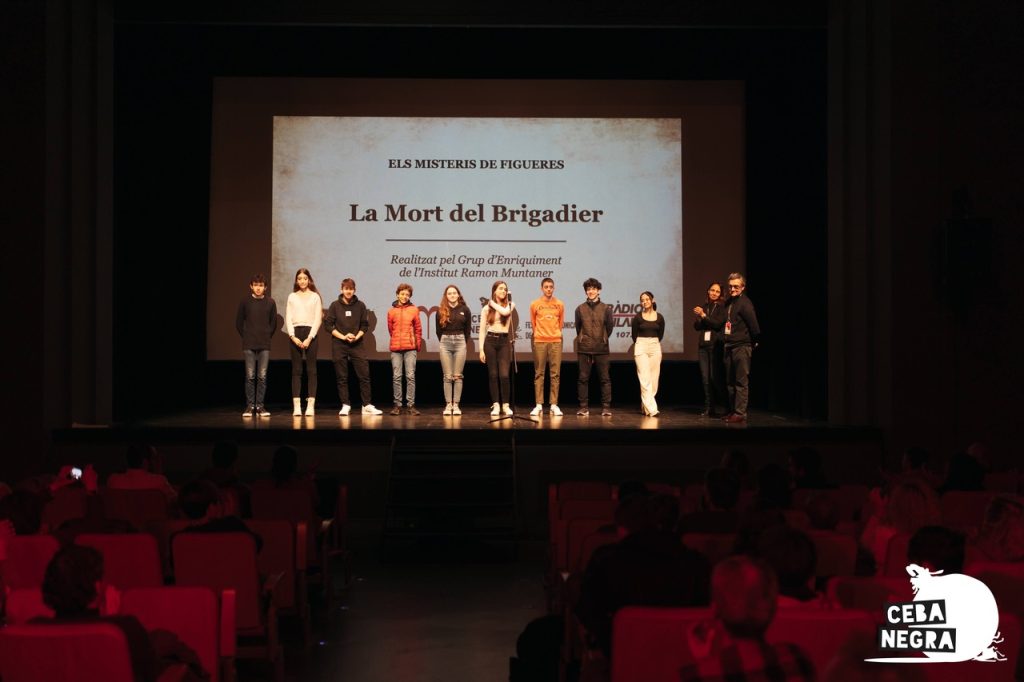 It has been a pleasure to be involved in a small way with a group of Spanish students at Ramon Muntaner High School in Figueres, Catalonia, in their research on Brigadier Reg Miles for a podcast. With their English language teacher Anna Llobet I Agustí and her colleague Joan Manuel Soldevilla, they premiered their podcast at the Ceba Negra true crime festival in Figueres in March. It was very warmly received. My congratulations to them!
It has been a pleasure to be involved in a small way with a group of Spanish students at Ramon Muntaner High School in Figueres, Catalonia, in their research on Brigadier Reg Miles for a podcast. With their English language teacher Anna Llobet I Agustí and her colleague Joan Manuel Soldevilla, they premiered their podcast at the Ceba Negra true crime festival in Figueres in March. It was very warmly received. My congratulations to them!